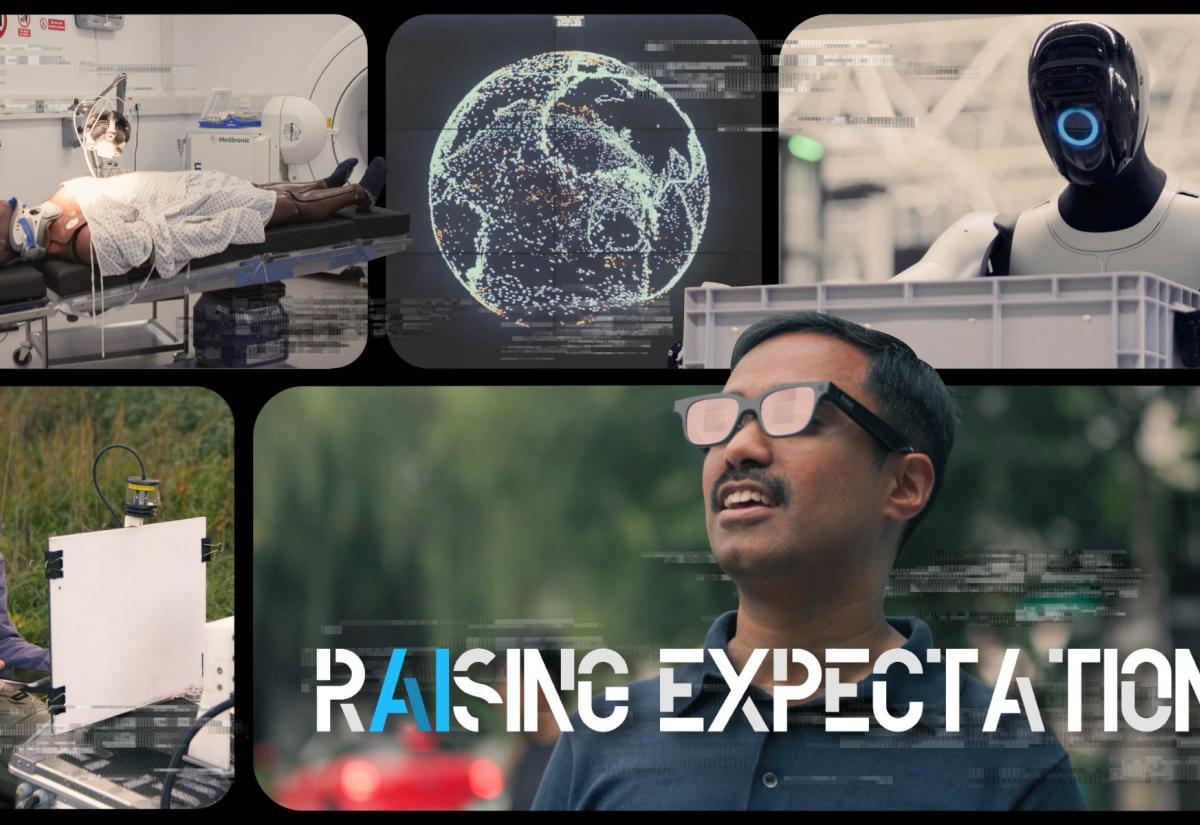
A new report from a council co-chaired by the Blavatnik School’s Aaron Maniam recommends policies to ensure that technology improves rather than erodes human welfare. Case studies from around the world illustrate how the opportunities technology brings can be maximised and the risks managed.
Aaron Maniam, Fellow of Practice at the School, co-chairs the World Economic Forum’s Global Future Council on the Future of Technology Policy. The Council’s new White Paper promotes policy design that allows technology to contribute to a flourishing world.
Aaron says: “To seize the benefits of rapid technological progress, while managing its risks, it’s essential to foster responsible technology governance and regulation, advance the digital transformation of sectors and industries, and promote tech-enabled solutions to serve people and the planet. Our council spent two years examining how policies, regulations and institutions can be transformed to scale technologies responsibly.”
The report provides an action list for improvements to technology policy design that governments and others can implement. Ideas range from running digital access and literacy programmes, as piloted for women in regions of India; to developing a professional code of ethics for computer scientists, as the Association for Computing Machinery has; to creating a baseline of common requirements across multiple jurisdictions, as the African Union has done with its Data Policy Framework; to influencing industry through direct investments, tax incentives, and research funding, as the USA historically has with semiconductors.
“Technology can contribute to a flourishing world through opportunities, quality of life improvements, connectivity, and creative expression”, says Aaron. “But it can also pose threats to privacy, security, democracy and trust. Policy is a critical mechanism for making technology a force for good, and our report gives a starting point for policy design in these areas.”



